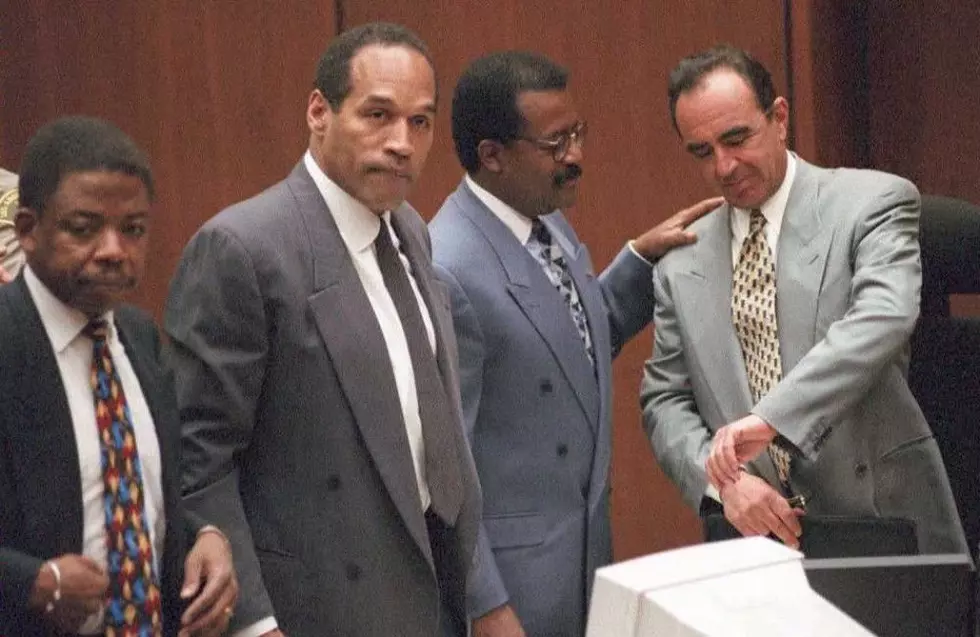
Iowa Senator Calls JBS Settlement Just A ‘Spit In The Ocean’
JBS SA settled litigation agreeing to pay $52.5 million in the case accusing meat-packing companies of conspiring to limit meet supply market to boost profit.
According to Drovers, an investigation looking into the wrongdoings of the cattle market comes after the National Cattlemen’s Beef Association (NCBA) sent a letter to the USDA about the price discrepancies after a Tyson plant went up in smoke back in 2019. After that issue fell amiss, NCBA went directly to the White House in 2020 to have them request the Department of Justice (DOJ) to open an investigation on market price discrepancies.
According to NCBA, the group worked with Congress to try to get an update on the investigation but never heard back before the announcement on the settlement.
NCBA has come out saying they are not happy with the settlement announcement. In a statement from Colin Woodnall, the CEO of NCBA, Woodnall said
“America’s cattle producers expect and deserve full transparency on any, and all, information related to the ongoing market investigations. NCBA encourages the government to finalize its investigation so we can fully understand any damage that may have been caused.
It is clear from this settlement that cattle producers still don’t have all the information they have demanded and is deserved. The DOJ has an obligation to finish their investigation. Cattle producers do not have years to wait for the government to determine whether there has been wrongdoing, we demand answers now.”
Iowa Senator Chuck Grassley, who co-authored the Cattle Price Discovery and Transparency Act, an act that aims to return fairness to the cattle marketplace, called the settlement just a “spit in the ocean” when looking at the company’s recorded profits through the pandemic.
Grassley adds, "those who oppose efforts to improve market access for independent producers – especially national organizations who claim to back America’s farmers and ranchers – need to take a serious look at Big Packers’ anticompetitive tactics, and ask themselves whose interests they are really serving."
The Best Burger Restaurants in the Cedar Valley
Yep, You Can Stay in an Actual Iowa Grain Bin!
More From Q98.5









